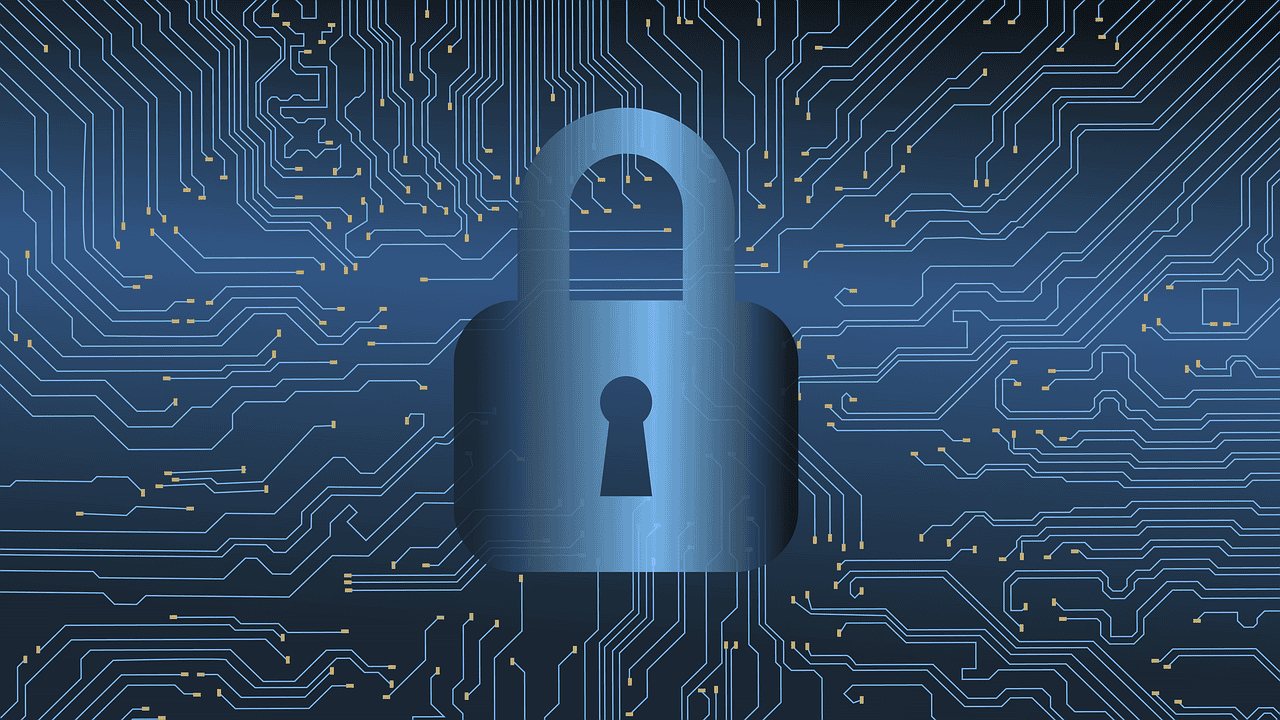Nowadays, the lifeblood of any business is its data. From customer information to proprietary secrets, protecting sensitive data has become an important part of running a business smoothly. One of the most effective ways to safeguard your business and maintain trust with customers is through data encryption.
What Is Data Encryption?
Let’s start with the basics.
Data encryption is like a secret code that scrambles your data into an unreadable format, called ciphertext, using complex algorithms. Only those with the decryption key can unlock and read the original data. It’s like sending a message in a locked box that only the intended recipient has the key to.
Data encryption uses mathematical algorithms to transform data into ciphertext, making it virtually impossible for unauthorized individuals to decipher without the decryption key. This process ensures the confidentiality, integrity, and authenticity of data, making it a fundamental aspect of many modern cybersecurity strategies.
How Can Data Encryption Help Your Business?
Protect Sensitive Information
Data encryption is your first line of defense against cyber threats. Whether it’s financial records, customer details, or intellectual property, encrypting sensitive information ensures that even if unauthorized individuals access your data, they won’t be able to make sense of it without the decryption key.
Imagine a hacker gaining access to your database. Without encryption, they could easily steal valuable information and cause irreparable damage. However, with data encryption in place, even if they manage to access the data, it remains indecipherable without the encryption key, thwarting their malicious intentions.
Data encryption also isn’t limited to specific types of data. It can protect a wide range of information, including emails, documents, databases, and even communications between devices. This comprehensive protection extends across various digital channels, fortifying your overall cybersecurity posture.
Compliance and Legal Requirements
Businesses need to adhere to strict data protection laws and industry regulations, and keeping them all in mind can be overwhelming at times. Luckily, data encryption easily meets these compliance requirements. For example, the General Data Protection Regulation (GDPR) mandates that businesses protect personal data using appropriate measures, including encryption.
By implementing encryption protocols, your business not only meets legal obligations but also demonstrates a commitment to safeguarding customer privacy. This can enhance trust and credibility, attracting more customers who prioritize data security. Think of it this way: a customer is much more likely to do business with you when they know you use data encryption to keep all of their data safe, as they then feel secure.
Furthermore, encryption is a proactive approach to data protection that aligns with ethical business practices. It reflects your dedication to respecting customer privacy and upholding data integrity.
Securing Communication Channels
Data encryption can be applied to stored data as well as to communication channels. When transmitting sensitive information over the internet or internal networks, encryption ensures that the data remains confidential and secure from interception by cyber criminals.
For instance, when customers submit their payment details during online transactions, encryption scrambles this data, making it unreadable to unauthorized parties. This instills confidence in customers, knowing that their information is protected during every interaction with your business. The last thing a customer wants is their credit card information stolen just for doing business with you, after all!
Encryption protocols such as Secure Sockets Layer (SSL) and Transport Layer Security (TLS) can encrypt data during transmission, preventing eavesdropping and man-in-the-middle attacks. This level of security helps businesses whose data travels across multiple networks and devices, which is common for businesses nowadays.
Mitigating Insider Threats
While external threats often grab headlines, insider threats can also pose significant risks to businesses. Whether intentional or accidental, employees or contractors may expose sensitive data. Data encryption mitigates these risks by limiting access to decrypted data based on predefined roles and permissions.
By implementing encryption strategies, businesses can enforce strict access controls, ensuring that only authorized personnel can view specific data. This reduces the likelihood of insider breaches and enhances the overall data security posture.
Additionally, encryption can track and monitor data access, providing insights into potential anomalies or suspicious activities. This proactive approach allows businesses to detect and respond to insider threats swiftly, minimizing the impact of data breaches or leaks.
Embracing Cloud Security
The shift to cloud computing offers numerous benefits, including scalability and cost-efficiency. However, it also introduces new security challenges. Data encryption helps with cloud security by protecting data both at rest and in transit.
Cloud service providers often offer encryption services as part of their offerings. By encrypting data before storing it in the cloud and using secure communication protocols, businesses can leverage the benefits of cloud technology without compromising data security.
Furthermore, encryption keys can be managed securely within cloud environments, ensuring that only authorized users and applications can access encrypted data. This enhances data governance and compliance in cloud-based operations, instilling confidence in stakeholders regarding data protection measures.
Future-Proofing Your Business
Cyber threats continue to evolve, becoming more sophisticated and persistent. As businesses embrace digital transformation, the importance of data encryption grows exponentially. Implementing encryption practices today not only protects your data but also future-proofs your business against emerging threats.
By staying proactive and continuously updating encryption protocols, businesses can stay ahead of cybercriminals and maintain a secure environment for their data assets. This proactive approach not only mitigates risks but also instills confidence in stakeholders, fostering long-term success.
Along with that, data encryption aligns with industry best practices and standards, making it a foundational element of cybersecurity frameworks. By integrating encryption into your overall security strategy, you create a resilient defense mechanism that adapts to evolving cyber threats.
Enhancing Data Integrity
Data integrity refers to the accuracy and consistency of data throughout its lifecycle. Data encryption enhances data integrity by preventing unauthorized modifications or tampering with data. When data is encrypted, any unauthorized attempts to alter the information result in the decryption process failing, indicating potential tampering.
By ensuring data integrity through encryption, businesses can trust that their information remains unchanged and reliable. This is particularly important in industries such as finance, healthcare, and legal services, where the accuracy of data is needed for decision-making and compliance purposes.
Want to protect your data? Our team at CMIT Solutions Carrollton can help. Contact us today to get your business the encryption protection it deserves.





